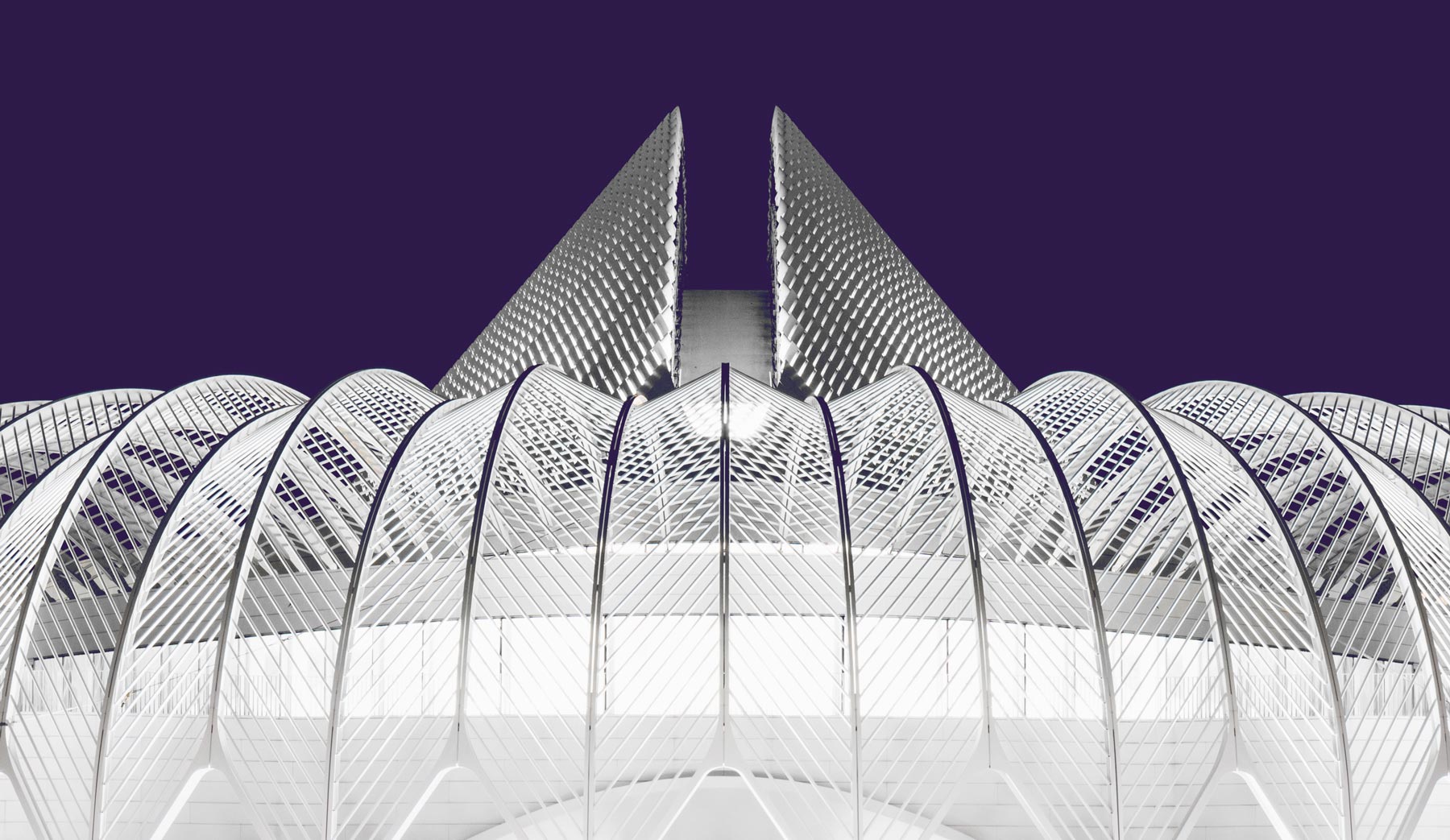At Florida Poly, you’ll find a dynamic campus culture fueled by hands-on learning, out-of-the-box thinking, and collaborative problem solving.
The nation’s leading institution of innovation, engineered from the ground up to push the boundaries of education in science, technology, engineering, and math (STEM).
Learn more about academic programs at Florida Polytechnic University.
Florida Poly’s bachelor’s degree programs combine rigorous STEM education with real-world applications, empowering students to become leaders and innovators in their fields.
Designed for forward-thinking professionals, Florida Poly’s master’s degree programs offer cutting-edge research opportunities and strong industry collaborations to drive meaningful impact.

From tutoring and career services to collaborative learning tools— discover the resources designed to help you thrive at every step.
Launch your career with confidence—Career Services offers coaching, resume support, and industry connections.
Driving research that transforms bold ideas into practical solutions—advancing technology, shaping industries, and changing the world.

This session will demonstrate that practical risk management is for everyone, regardless of a formal program. Attendees will learn actionable and simple strategies that are easy to implement, enabling them to start immediately by focusing on their top risks to build greater operational resilience and ensure the sustained success of their auxiliary enterprises.
Michelle Powell serves as the pioneering Risk Manager at Florida Polytechnic University, the state’s sole 100% STEM-dedicated institution. Having been with the university for nearly 11 years, Michelle transitioned from a leadership role in Admissions in October 2023 to establish and evolve the risk management function from the ground up. In this solo capacity, Michelle builds robust frameworks for our dynamic, young university, overseeing our insurance portfolio, consulting on third-party and event risks, and developing critical campus-wide training programs. Michelle has obtained the Committee of Sponsoring Organizations (COSO) Enterprise Risk Management certificate and the Associate in Risk Management (ARM) and Construction Risk and Insurance Specialist (CRIS) designations. Her distinct background in mathematics and engineering, combined with extensive higher education leadership, brings an analytical and strategic approach enhancing the institution’s resilience.